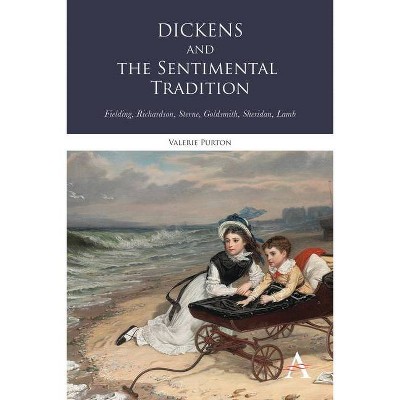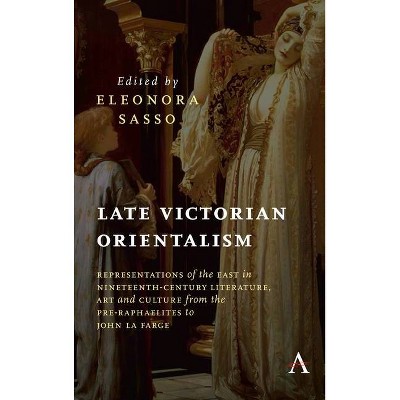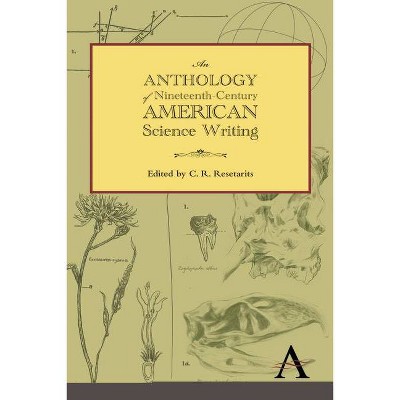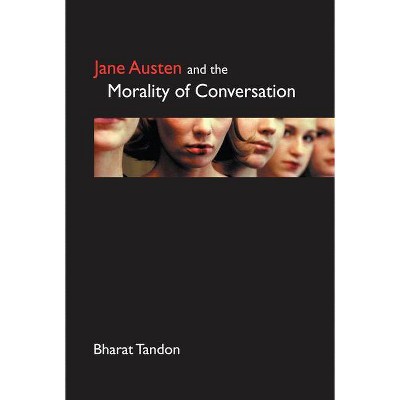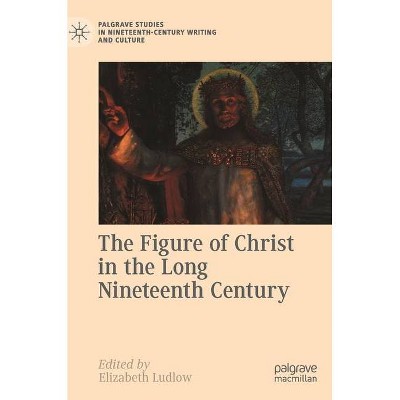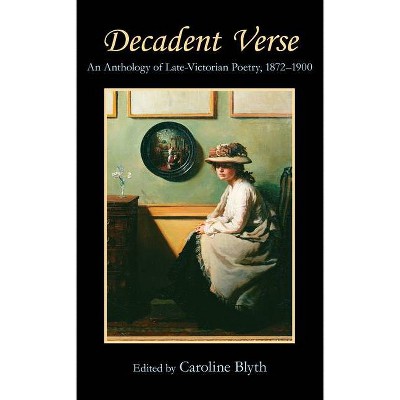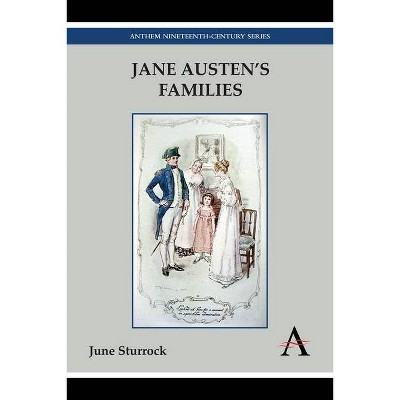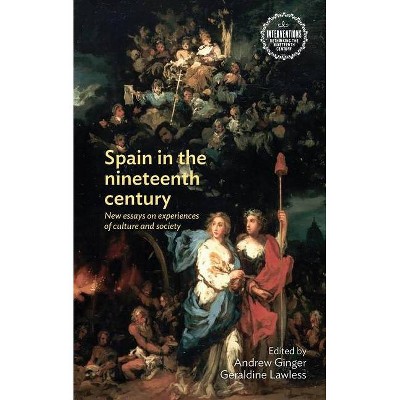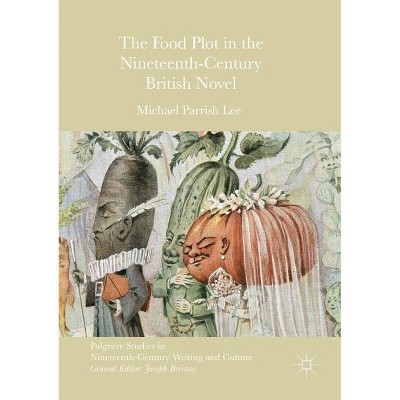Dream and Literary Creation in Women's Writings in the Eighteenth and Nineteenth Centuries - (Anthem Nineteenth-Century) (Hardcover)
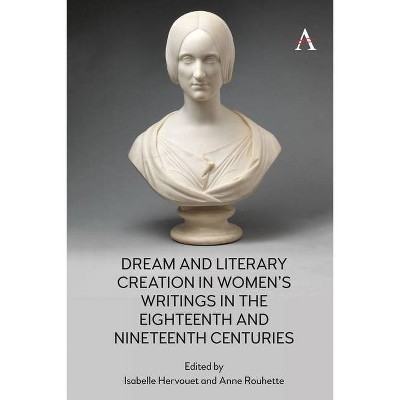
Similar Products
Products of same category from the store
AllProduct info
<p/><br></br><p><b> About the Book </b></p></br></br><p>This edited collection deals with dream as a literary trope and as a source of creativity in women's writings. It gathers essays spanning a time period from the end of the seventeenth century to the mid-nineteenth century with a strong focus on the Romantic period and particularly on Mary Shelley's <em>Frankenstein</em>.</p><p/><br></br><p><b> Book Synopsis </b></p></br></br><p>This edited collection deals with dream as a literary trope and the origin of or a source of creativity in women's writings. It gathers essays spanning a time period from the end of the seventeenth century to the mid-nineteenth century, with a strong focus on the Romantic period and particularly on Mary Shelley's <em>Frankenstein</em>, in which dreams are at the heart of the writing process but also constitute the diegetic substance of the narrative. The contributions re-examine the oneiric facets of the novel and develop fresh perspectives on dreams and dreaming in Mary Shelley's fiction and on other female authors (Anne Finch, Ann Radcliffe, Emily and Charlotte Brontë and a few others), re-appraising the textuality of dreams and their link to women's creativity and creation as a whole.</p> <p>This book, therefore, focuses on an aspect frequently mentioned but rarely subjected to in-depth analyses, especially within the context of an edited collection bringing together several authors. Replacing Shelley's fiction in a female line thanks to its chronological span, it allows readers to recognize common points between the various authors tackled in the book, interrogating the paradox of the invasion of Self by a radically Other force from a feminine perspective and raising the central issue of authorial intention. One of the strengths of this collection is its coherence: almost all the essays included deal with Romantic and early Victorian prose written by women. They shed light on one another by looking at the same or similar texts from different points of view, using a variety of critical approaches (feminist, psychoanalytic, intertextual, scientific, aesthetic, among others). The other articles (on late-eighteenth-early-nineteenth century scientists and on Anne Finch) provide readers either with necessary contextual information or with welcome chronological perspective.</p><p/><br></br><p><b> Review Quotes </b></p></br></br><br><p>"Dream in women's writings ? A brilliant idea. This original gendered investigation of literary creativity is based on a wide corpus, from Frances Burney and Mary Shelley to Emily Brontë. The book also includes a fine postscript by Margaret Ann Doody" -- Jean Viviès, Professor of British literature, Aix-Marseille University, France</p><br><br><p>"Going beyond an exclusive focus on the gothic, this collection of essays teases out the reader's 'hermeneutic task' in famous and lesser-known literary texts, providing thought-provoking views of narrative strategies constructed around dreams, be they 'real' or fictional, from a period not yet under the spell of Freud and Jung."--Professor Anne Bandry-Scubbi, University of Strasbourg, France.</p><br><br><p>"This superb collection of interdisciplinary work on dreams in 18th and 19th century literature is essential reading for students of the period. As a student and teacher of works in the long nineteenth century, I encountered fresh approaches to works I thought I knew well, such as <em>Frankenstein, Wuthering Heights</em>, and <em>Jane Eyre</em>, and I especially appreciate that the collection puts the dreams of 18th and 19th century dreaming into a longer framework that includes scientific approaches to dreams as well as other literary works that include <em>Pilgrim's Progress</em> and more recent writers: Virginia Woolf, Dorothy Sayers, Irish Murdoch, and Margaret Drabble." -- Carol A. Senf, Professor and Director of Undergraduate Studies in the School of Literature, Media, and Communication at the Georgia Institute of Technology in Atlanta, US</p><br><p/><br></br><p><b> About the Author </b></p></br></br><p>Isabelle Hervouet is Senior Lecturer in British literature at Université Clermont-Auvergne in Clermont-Ferrand. Her research focuses on the Gothic novel in Britain, Charles Dickens and Charlotte Brontë.</p> <p>Anne Rouhette is Senior Lecturer in British literature at Université Clermont-Auvergne in Clermont-Ferrand. Her research focuses on women's writings in Britain (18th-19th centuries).</p>
Price History
Price Archive shows prices from various stores, lets you see history and find the cheapest. There is no actual sale on the website. For all support, inquiry and suggestion messages communication@pricearchive.us
